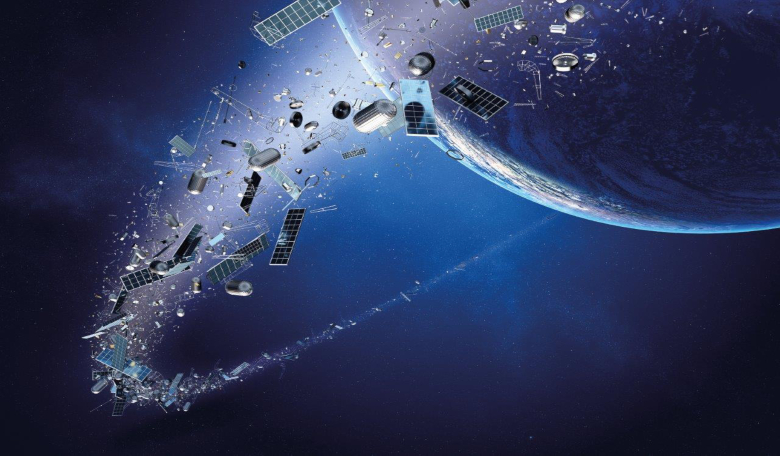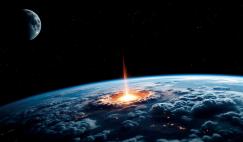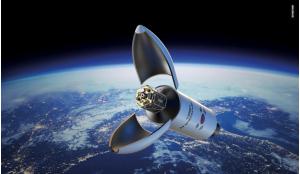If the increase in space debris in Earth orbit remains uncontrolled and unregulated, it will eventually render outer space useless for the whole of humanity - a sober warning from Prof Ram Jakhu in the Winter 2019/20 issue of ‘ROOM Space Journal of Asgardia’.
In ‘Rule of law vital for humanity’s sustainability and survival’, Prof Jakhu examines the necessary legal frameworks needed to avoid potential doomsday scenarios and proposes that a new international legal order for outer space should also recognise that reckless and intentional creation of space debris is “a crime against humanity”.
Prof Jakhu’s article is one of six published in this issue based on presentations at the first Asgardia Space Science & Investment Congress (ASIC) held in Darmstadt, Germany, in October.
As its theme ‘Paving the Road to Living in Space’ suggests, ASIC’s goal was to offer a strategic pathway to the future, homing in on the interconnected themes of the extraordinary science and technology required to support permanent space habitats and the first humans born in space.
With around 150 specialist attendees from around the globe it was something of a niche congress headed up by Asgardia Science Minister Prof Floris Wuyts, a world-leading human physiology specialist from the University of Antwerp in Belgium.
ROOM’s cross-section of Special Reports from ASIC are selected from more than 50 presentations, each of which provided an insight into one of the challenging themes discussed in talks, panel sessions and posters.
A core vision of Asgardia the Space Nation is to achieve the first birth of a child in space and, in doing so, progress towards its long term strategy of creating off-world human settlements.
To further this goal, challenging issues relating to radiation and artificial gravity need to be addressed and ASIC was the first such event created specifically to allow world-leading scientists already working in these areas to come together to present and discuss their research.
Whilst space is both inspirational and motivational, offering immense possibilities for the future, success will depend on the vision and success of entrepreneurs such as Jeff Manber of Nanoracks (‘Commercialising space exploration and development’) and financial experts such as Seraphim Capital’s Mark Boggett, who provides valuable insights into the space funding landscape in ‘Venture capital investment in space’.
Advanced technology is another vital part of the mix; Tigran Mkhoyan focuses on the ‘Coriolis effect in rotating space platforms’ whilst Nissem Abdeljelil, of the National Center for Nuclear Science & Technologies in Tunisia, addresses the potential of using ionising radiation to manage biofilm contamination in ‘Surviving bacteria in space’.
ASIC discussed everything from creating artificial gravity and combating radiation to a birth in space, as well as considering how to secure the investment and develop the technologies to achieve it all.
This issue of ‘ROOM Space Journal of Asgardia’ is available in print delivered direct to your home or in digital format from next week (16 December). To buy this issue or start a great value annual subscription for the world’s leading space magazine, please visit: HYPERLINK https://room.eu.com/subscribe











